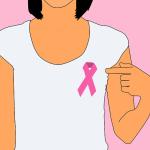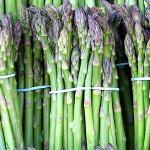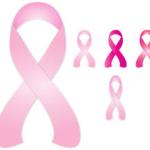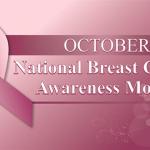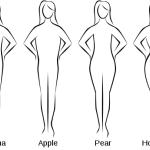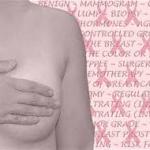Bras do not cause breast cancer. They are listed by Susan G.
breast cancer
I had the distinct pleasure of being a reviewer for the 2018-2019 Community Grants program for Komen this Fall.
Women who are diagnosed with early-stage breast cancer have many decisions to make and the more informed they are about their situation, the better able they'll be to make those decisions.
One of the top trending Google searches at the time of this writing was "asparagine," one of the roughly 20 amino acids that make up the proteins in our bodies and in our food.
Antibiotic-resistant bacteria is a well-known phenomenon, which has been plaguing us since right after penicillin was invented. But resistance is not limited to microbes.
Women diagnosed with early estrogen-receptor positive (ER+) breast cancer are typically treated with surgery to remove the tumor and any affected lymph nodes.
Julia Louis-Dreyfus recently announced her breast cancer diagnosis. This announcement is very timely since October has been designated as breast cancer awareness month.
Using a Twitter post, actress of Seinfeld and VEEP fame, Julia Louis-Dreyfus, announced she was recently diagnosed with breast cancer:
It's pretty common knowledge that obesity increases the chance that a woman will develop breast cancer, and how her excess adiposity is distributed on her body can be a clue to her risk.
Fifty or so years ago a woman diagnosed with breast cancer was almost sure to be treated aggressively — with a radical mastectomy.


